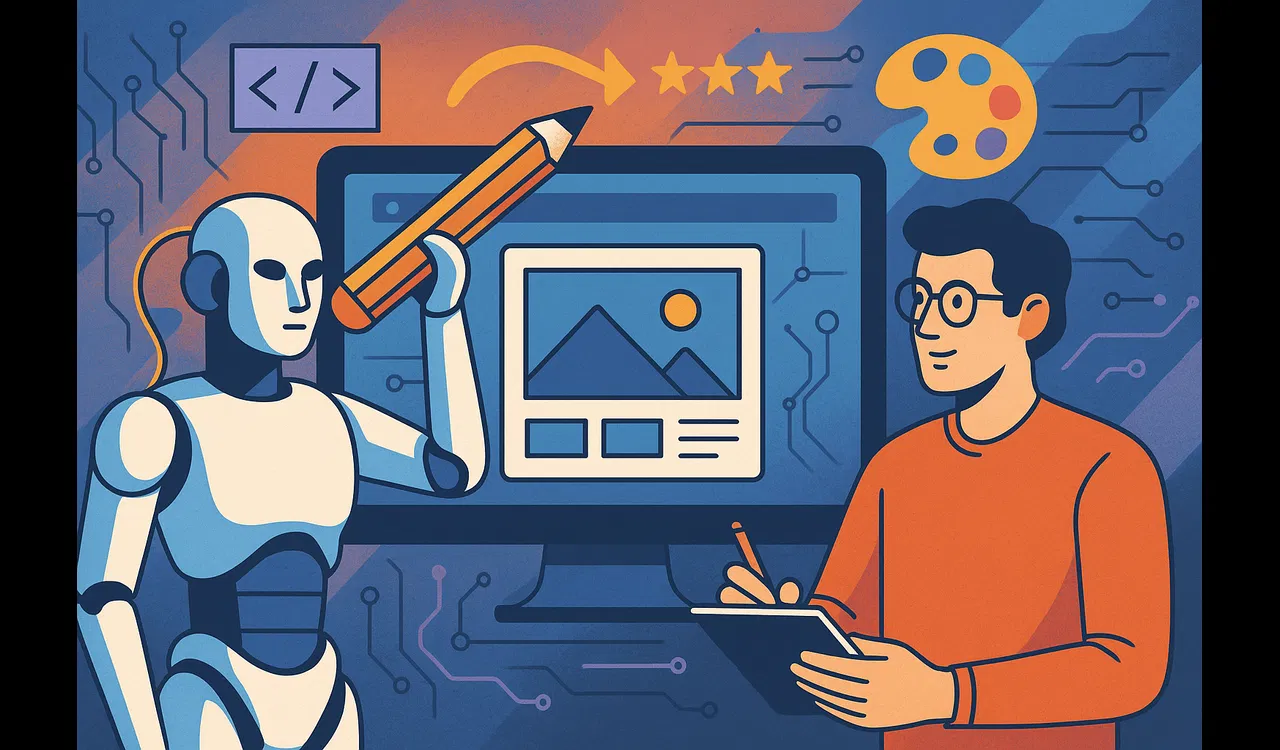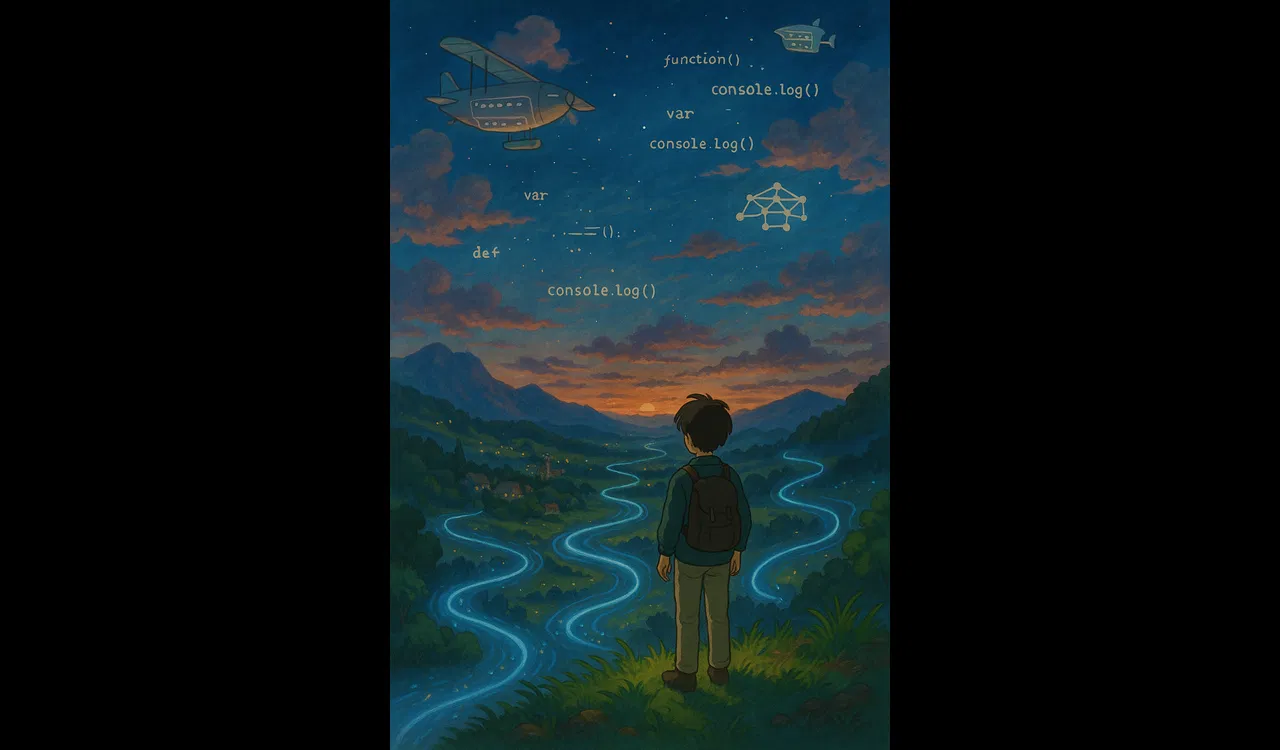Design, Strategy
& Innovation
We help forward-thinking leaders design, build, and launch exceptional digital solutions through a blend of AI, design, and technology.


















We Demystify Digital
Building a digital product is complex. We simplify the process—helping you design, launch, and scale software that truly meets user needs. Whether you’re starting fresh or optimizing an existing platform, we’ll help you create seamless, high-performing experiences.
Our Services
A successful product starts with a clear strategy. We help you shape ideas into a plan that balances user needs, business goals, and technical feasibility for success.
LEARN MORELEARN MOREGreat design isn't just about looks. We create experiences that are intuitive, accessible, and enjoyable, so your users don't have to think twice.
LEARN MORELEARN MOREWe build software that works: fast, scalable, and ready to grow with you. Our engineering team focuses on reliability, security, and performance.
LEARN MORELEARN MOREManage IT risks before they hurt your business. We keep your product secure, up to date, and running smoothly, so you can focus on your business.
LEARN MORELEARN MOREWe gather insights about behaviors, needs, and pain points through targeted research to help you build products people actually want to use.
LEARN MORELEARN MORELearn how AI capabilities can improve your products, automate processes, and deliver valuable insights while maintaining a human-centered approach.
LEARN MORELEARN MORE

